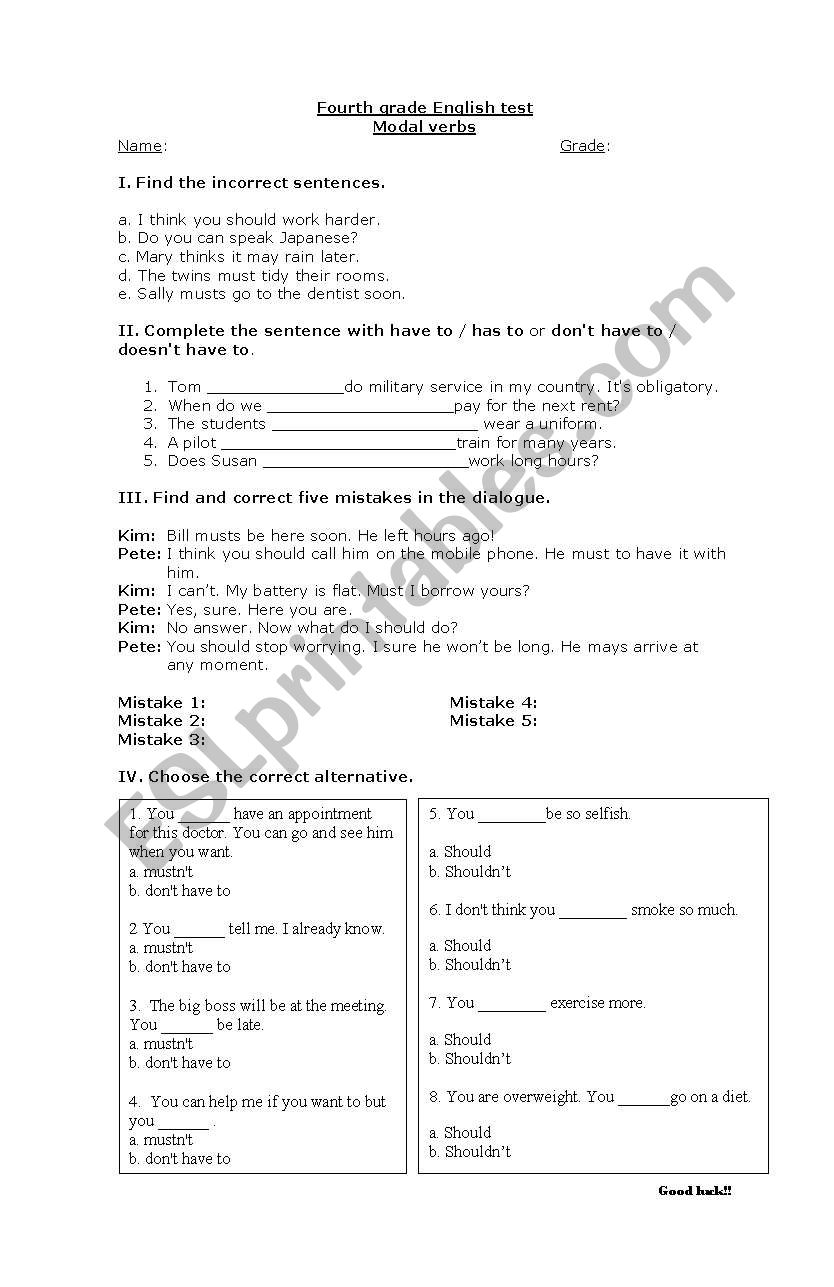
I am not sure what the author means by the second half of this sentence (after "besides"). "The character of this female suggests a train of thoughts which will form as natural an introduction to her story as most of the prefaces to Gay's Fables or the tales of Prior, besides that the general soundness of the moral may excuse any want to present applicability".

The other question is from the same document, but comes from the opening statement. Isn't he saying "I don't think women can win it". Therefore, is it correct to conclude that Hawthorne in using the subjunctive mode is expressing a disparaging view about a woman's potential. The author writes, "Is the prize worth her having if she win it ?" I understand "if she win it" to mean "should she win it", which in turn means that the author has doubts about "her winning it". My first question is about the meaning of a question appears in the subjunctive mode in the text. The text is "Mrs Hutchinson" by Nathaniel Hawthorne. I explain about them here.Hello, I have more questions about texts from the 19th century. The past modals 'could have + past participle', 'should have + past participle' and 'would have + past participle' can be confusing. When I lived in Italy, we would often eat in the restaurant next to my flat.We can use 'will' and 'would' to talk about habits or things we usually do, or did in the past. We also use modal verbs to say something is not allowed. We can use verbs such as 'can', 'could' and 'may' to ask for and give permission. We can use verbs such as 'must' or 'should' to say when something is necessary or unnecessary, or to give advice.Ĭlick here to find out more about obligation Permission My grandfather could play golf very well.Ĭlick here to find out more about ability.We use 'can' and 'could' to talk about a skill or ability. £200 for two cups of coffee!Ĭlick here to find out more about probability. It's snowing, so it must be very cold outside.We often call these 'modals of deduction' or 'speculation' or 'certainty' or 'probability'.

Probability:įirst, they can be used when we want to say how sure we are that something happened / is happening / will happen. Here's a list of the modal verbs in English: canġ: They don't use an 's' for the third person singular.Ģ: They make questions by inversion ('she can go' becomes 'can she go?').ģ: They are followed directly by the infinitive of another verb (without 'to'). Click here to download this explanation as a pdf.Ĭlick here for all the exercises about modal verbs


 0 kommentar(er)
0 kommentar(er)
